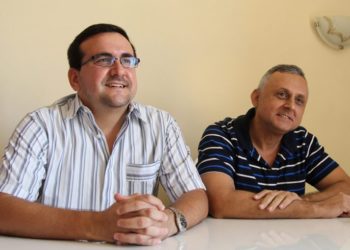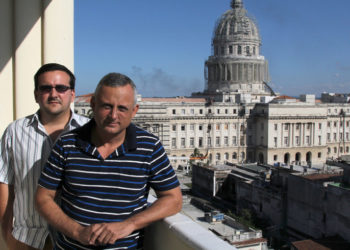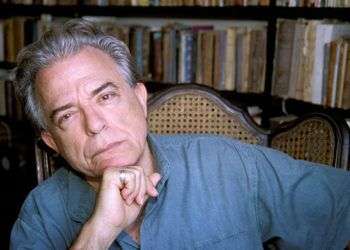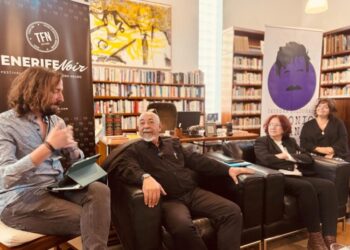Cuba Posible: thinking about the future of the island (II)
In the first installment of the interview with OnCuba Roberto Veiga and Lenier Gonzalez presented the new project Cuba Posible, its origins, characteristics and challenges. In this second stage of the dialogue, the former editors of Lay Space magazine, also commented on the political order in Cuba, democracy, social justice and economic welfare, the current status and perspectives on the relations between Cuba and the United States. Is there now a favorable political climate for Cuba Posible´s consolidation as a critical project? RV: Cuba Posible does not want to criticize any segment of Cubans, not the official positions. We want to be creative, not critical. However, from this task will emanate criticisms, but they will not be our aim; and we will always ask that critics are made so that those who have been challenged to respond positively and feel that those who criticize them also want their well-being. That is the only way to destroy trenches, build bridges and build like José Martí proposed a republic with all and for the good of all. LG: Cuba is a country with a huge social and political diversity. Current institutional architecture of the Cuban state no longer serves to...







